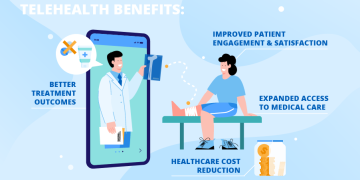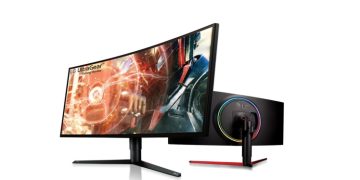It’s an apparently straightforward question, whether private 5G is better compared to Wi-Fi? It can be perhaps a heated debate as the dual technologies are featured with distinct pros and cons, both private 5G and wifi have occupied their positions in connected establishments. So instead of getting on a absolute response, let’s answer the question with some simple definitions. The wifi and private 5G provide superior throughput and minimal latency, specifically at mmWave range – private 5G can cover speeds ranging from 30 to 250 Mbps, whereas Wi-Fi networks from their broadcast point can extend between 150 to 300 feet. So, now let us see if private 5G better than Wi-Fi along with Accurate Mobile Network Monitoring Tools, Mobile Network Drive Test Tools, Mobile Network Testing Tools and Accurate 4G Testing RF drive test software, Cellular LTE RF drive test tools & equipment in detail.
Wi-Fi is a familiar standard and a short-distance wireless technology that transmit data through shared radio waves to your devices (smartphones, tablets, etc.). Wi-Fi internet is cost-effective and managed in both household and viable situations. Wi-Fi connection is one that millions of endpoints in organizations worldwide can use daily with the least interruption in its deployment – acknowledged for maintaining because of its affordable cost. There are some drawbacks as Wi-Fi can experience interference and bandwidth issues if too many users try to share the network at the same time, wifi is not robust in an environment that includes aerodromes and grounds, Wi-Fi is disposed to network interference where coverage (outside or mixture) is required, and so on.
What does mean by Private 5G?
A private network (5G) is generally deployed in enterprises that maintain control of the network and the data – allowing for flexibility, mobility, and high performance. Private 5G not only controls data access and security but also offers a reduce expense, excellent performance, and a extra accessible network in comparison to Wi-Fi distributions. Private 5G is featured with several benefits upon wifi such as quicker speed, additional capacity, and minimal latency. With a private network, as the enterprises own the network hence, they do not require to pay fees for data usage, as the enterprise controls access to the network, so interference and bandwidth problems can be held in check and this local access reduces vulnerability to cybersecurity risk.
There are ways given below in which private cellular networks address Wi-Fi limitations.
Coverage: Wi-Fi arrangements due to limited wireless infrastructure often disappoint organizations especially when they need to run critical applications over a large coverage area. But, with private network solutions, organizations can control coverage across those locations which are inadequate to connect proper networks.
Capacity: Most Wi-Fi users experience limitations of public cellular capacities, be it in a busy coffee shop during streaming music or attending Zoom meetings on their laptops. Public networks or Wi-Fi are known for their congestion during crucial times. In this scenario, a private network (5G) resolves such capacity issues. With a private network 5G, enterprises can make full use of available network capacity and also configure uplink and downlink and set usage policies.
Control: Wi-Fi is an open spectrum, it can be vulnerable to eavesdroppers but with a private network (5G), operators can control which users to connect, how resources get utilized, and how traffic gets prioritized. Since only authorized users on private 5G have access to the network, enterprises or organizations can control their security, ensuring sensitive information stays isolated.
Conclusion
Both wireless technologies have their strengths in terms of coverage, linked devices, consistency, latency, greatest speeds, movement, and protection. Liable on your necessities, you may decide which network you can go for. And you will get intensified capacity and mobile private network speeds or Wi-Fi always if you perform network monitoring and testing. RantCell is a SaaS-based software that will help you in measuring network performance to provide better 5G/4G coverage with stable network connectivity. Since it is a mobile phone-based app, RantCell is easy to use, and convenient to operate as a non-technical person can also use it and a money-saving way as you can conduct network testing remotely hence saving money in logistics.





















































